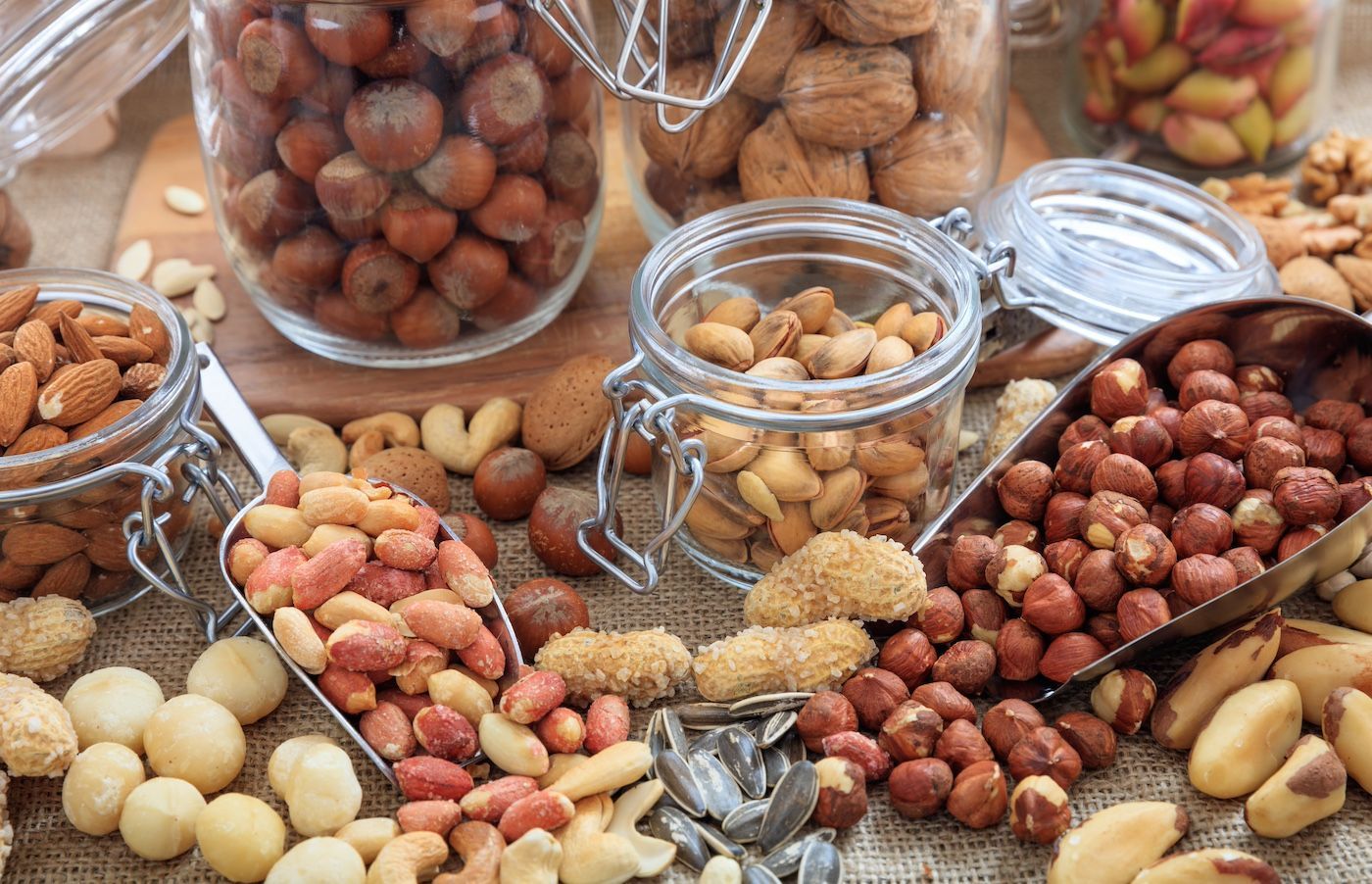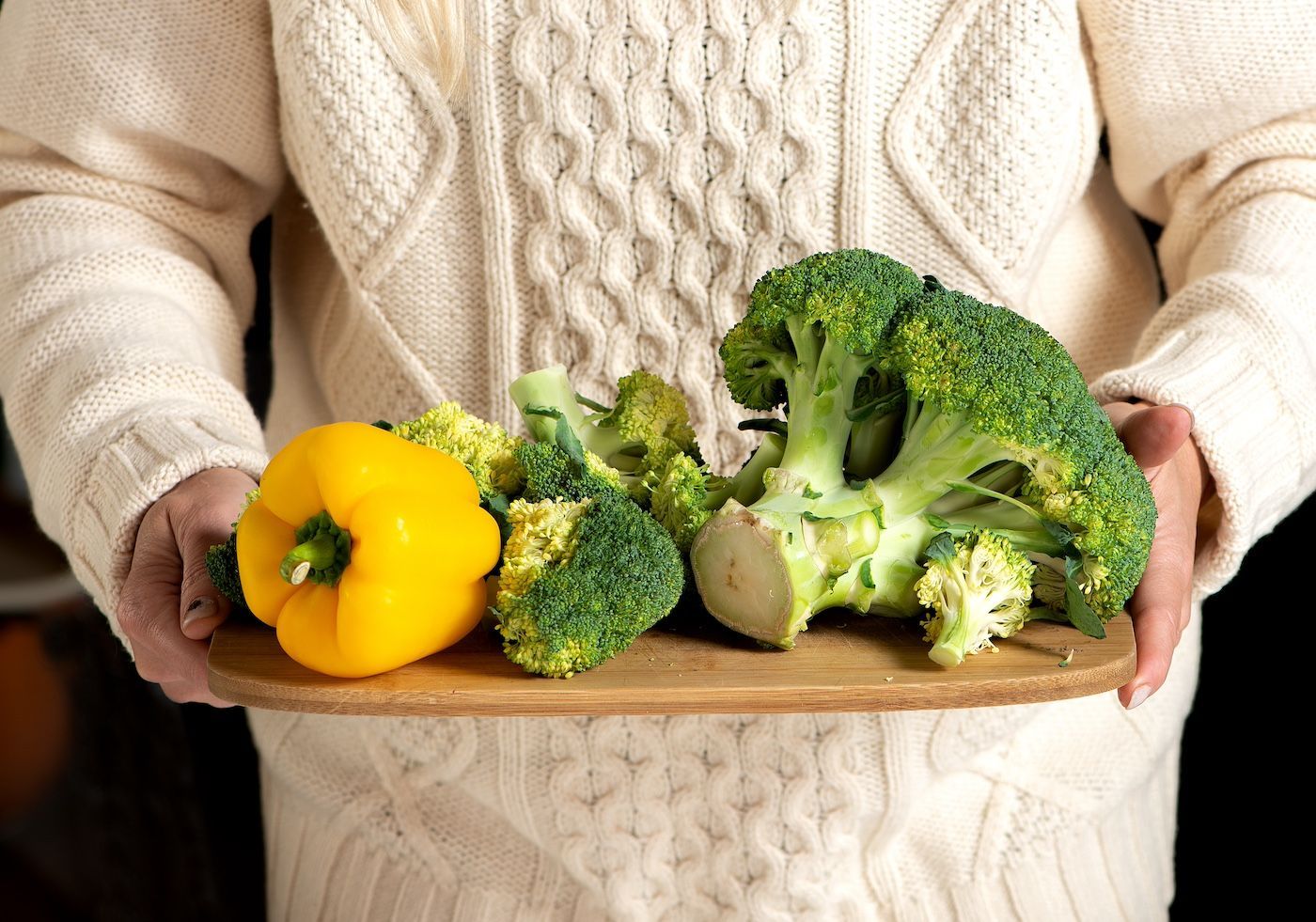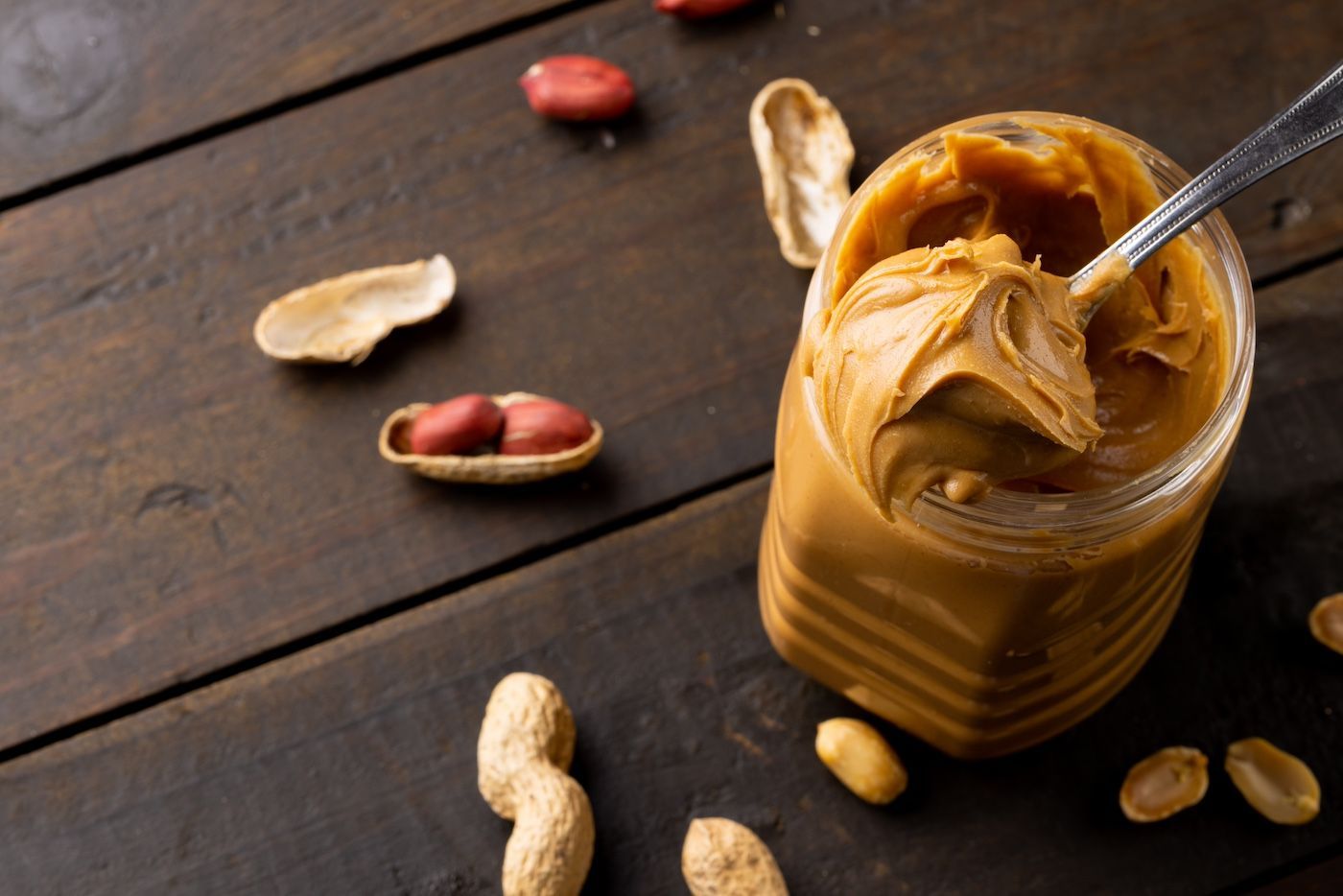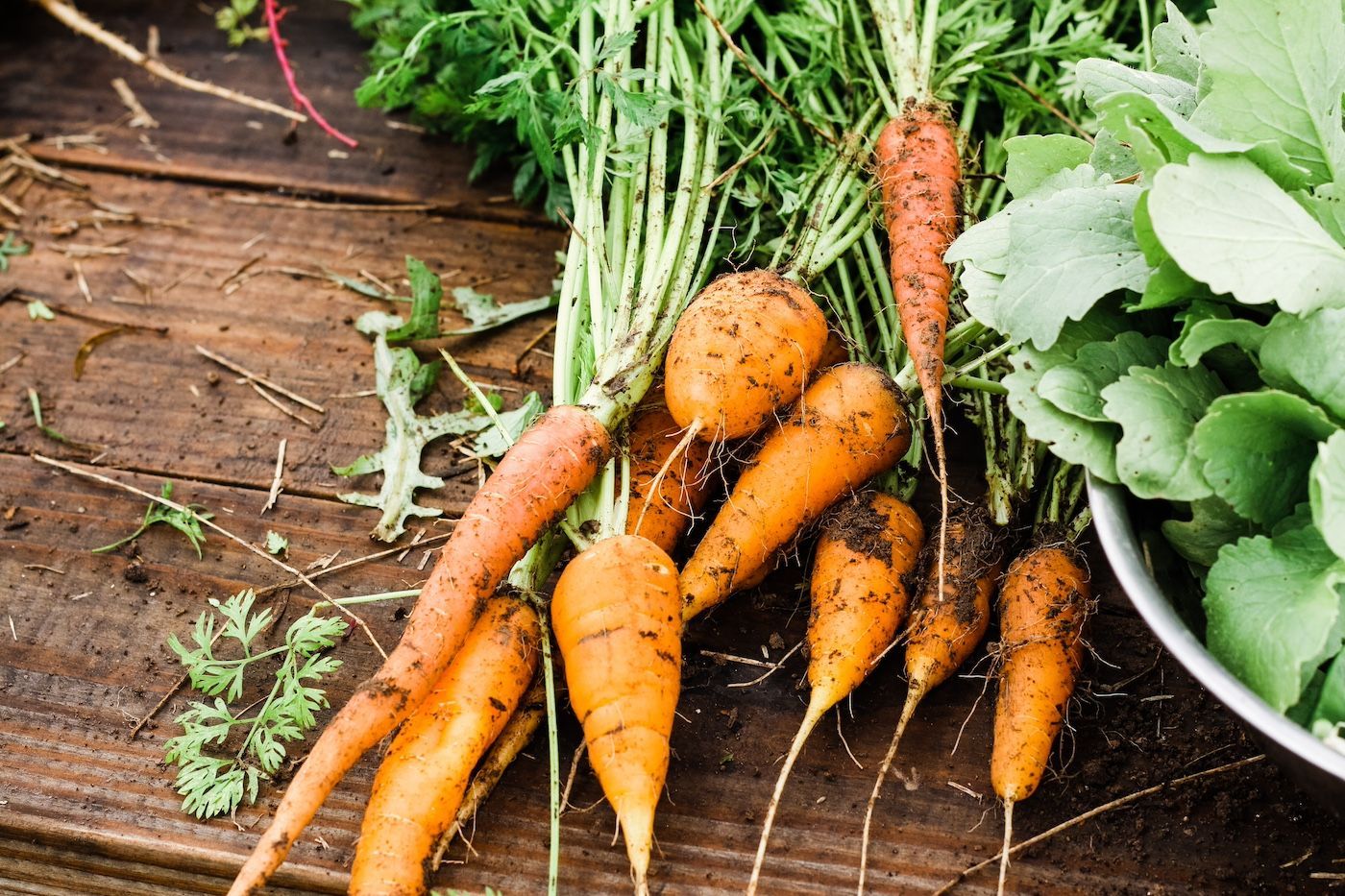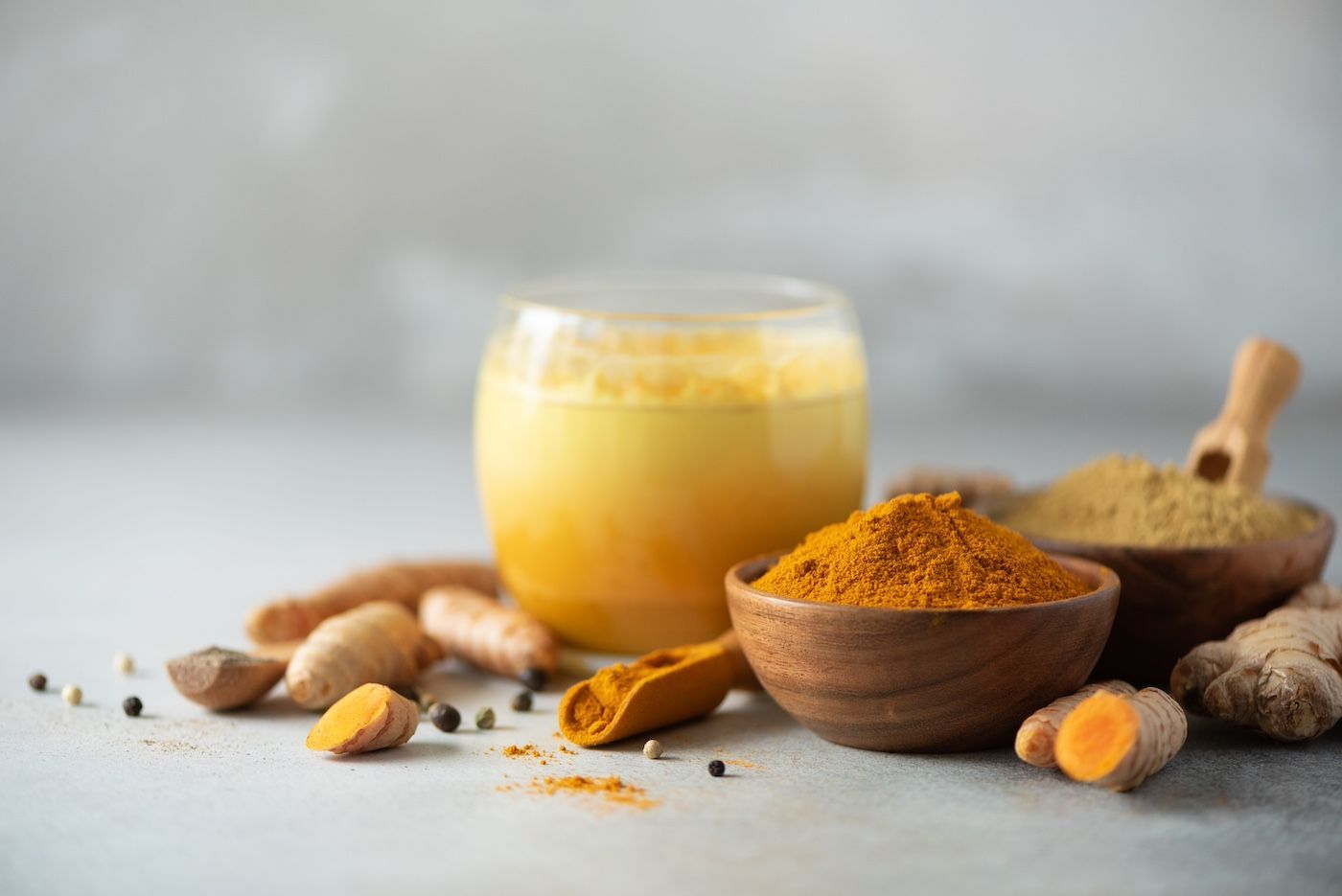Chews Your Health
Beets
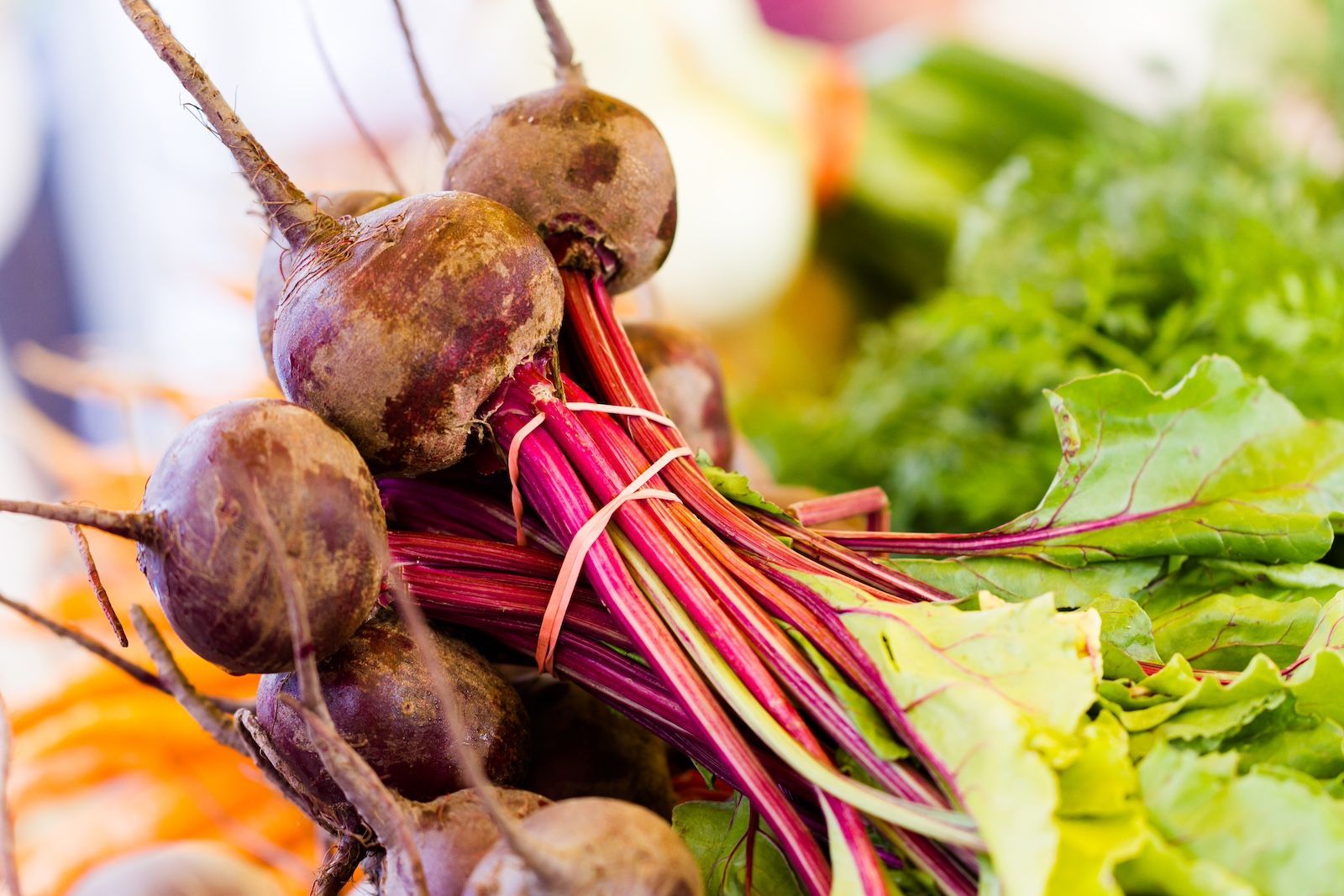
Health Benefits of Beets
A combination of betalain, manganese, and vitamin C provide eye and nerve tissue health maintenance.
Beets contain anti-inflammatory properties due to betaine, which is primarily useful to the cardiovascular system.
Betaine found in beets have detoxifying properties. It binds to toxins and excretes them from the body via the digestive tract.
Beets are a natural anti-parasitic that contain boron, vitamin C, and iodine which all help to boost the immune system.
Beets have both soluble and insoluble fiber, aiding in digestion and even colon cancer prevention.
SELECTION & STORAGE
Select small to medium sized beets without tears, dents, or mushy flesh. If you are using the greens (full of nutrients!), they should be firm and crisp without signs of decay or wilting.
Store greens and roots separately so that the greens don’t pull moisture from the root. Cut stems about 2 inches from the root. Store in separate air-tight plastic bags in the refrigerator. Greens will keep for about 3-4 days, while the beetroot will keep for about 3 weeks.
How to Use
Beetroot: Gently rinse beetroot before using, careful not to dent the flesh, as this can cause nutrients to leak out. Also be aware the longer beets are cooked (ie. boiling, steaming, sauteed, etc.) the more nutrients are leaked out, so keep cooking times short and sweet!
Beets can be peeled and grated to use in salads or wraps
Steamed or sauteed with other vegetables and herbs as a side dish
Pureed or whole in soups – Summer Borscht
Marinated with lemon, organic cold-pressed olive oil, and herbs
Added to dips like hummus
Dehydrated into chips
Beet greens:
Use beet greens like you would kale or swiss chard: sautee with other vegetables, boil, or braise.
Take Note
Consuming (purplish-red) beetroot may cause some to experience a pink or red hue in their urine. This is called beeturia. Although a normal and harmless effect, beeturia may be an indicator of difficulty metabolizing iron (deficiency, anemia, or excess), so if you have concerns please talk to your doctor. Seeing pink or red in stool is also a common and harmless effect after consuming beets. However, if you’re seeing dried blood in your stool or redness without eating beets, consult your doctor immediately as this can be an indicator of a harmful issue.

